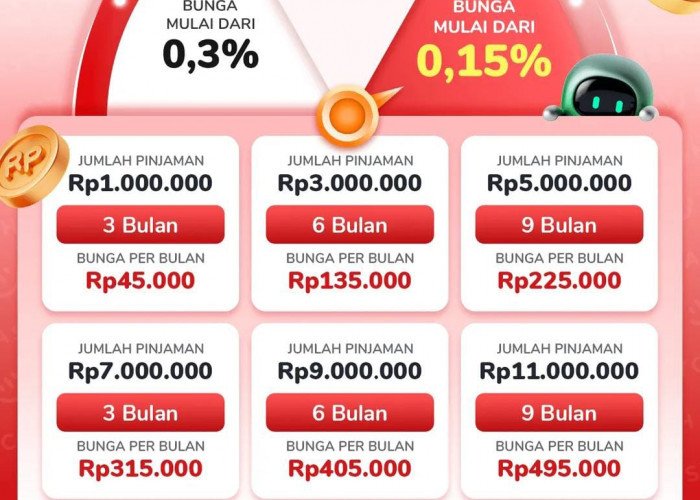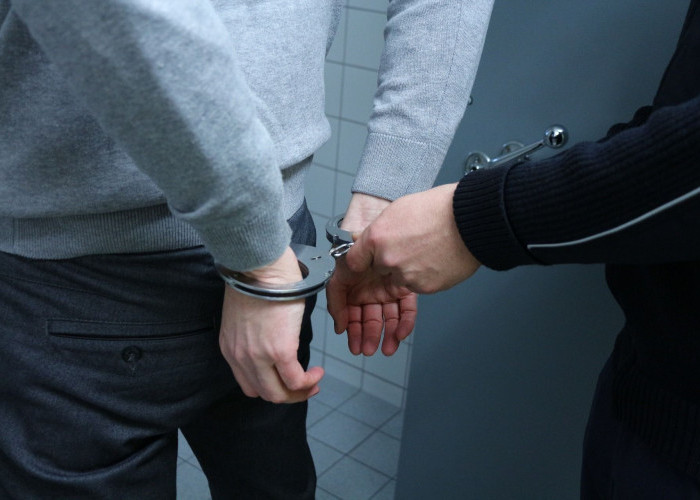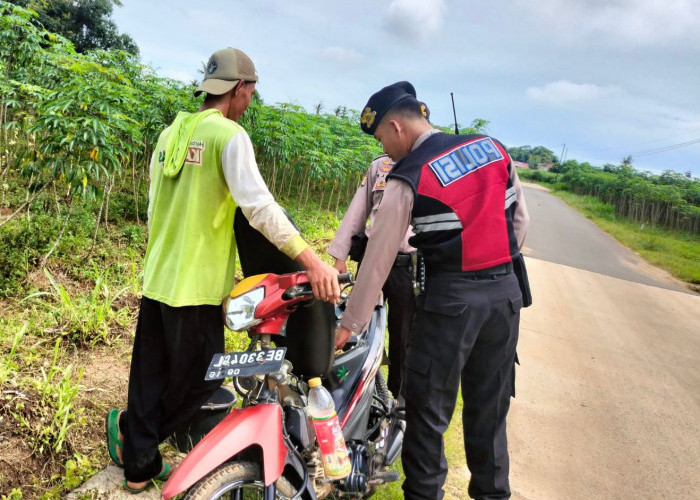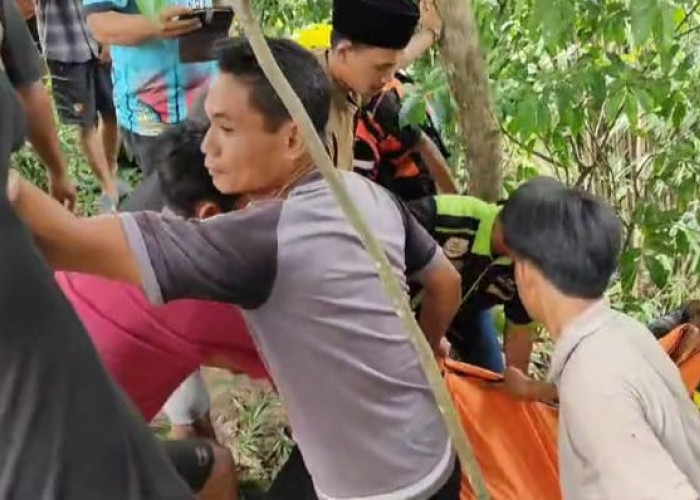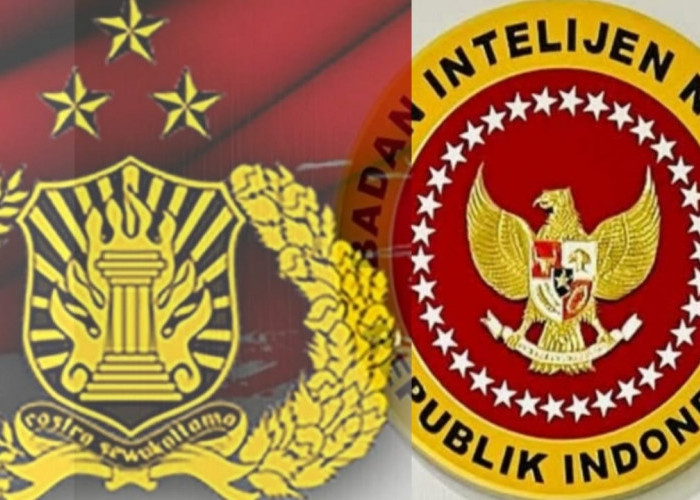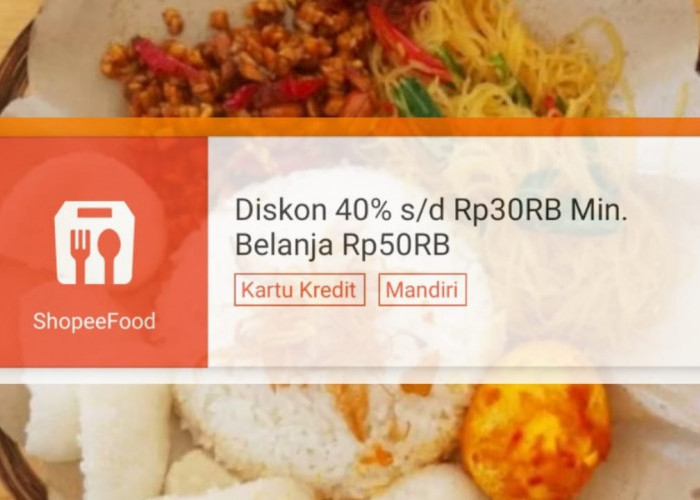Problematika Politik Identitas di Indonesia
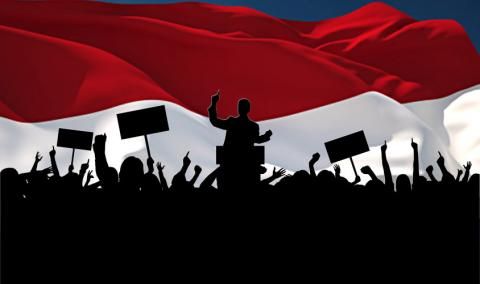
Ilustrasi Politik--
One of the leading NU figures in Indonesia, Abdurrahman Wahid said "The high and low value of human worship to God really depends on how far a person can achieve peaceful life for others, not solely based on the extent to which individuals can relate to God through formal rituals".
What has been stated by Abdurrahman Wahid or Gus Dur above has shown and taught that so far, we have only carried out formal rituals without understanding the true teachings of the religion we profess. In the sense that we pray only to abort obligations and going for hajj is only to raise one's status or attract the masses in local and regional elections and legislative elections, both central and regional. In that case, we will never get the essence of prayer and hajj itself. In one of its verses, Al-Qur'an reads, "Inna prayer tanha anil fakhsa'i wal munkar" (that prayer prevents evil and evil deeds). However, what kind of prayer can prevent evil deeds, or what kind of pilgrimage can be called the mabrur pilgrimage? Must the reward be heaven? What if hatred and terror against groups of other teachings that are not in accordance with the teachings we profess continue to occur on this earth? It has shown that our religious rituals are pseudo.
The fact is that the emergence of various forms of identity politics in Indonesia that cannot be separated from the events of the DKI regional elections that continued at the 2019 Presidential Election further strengthened Benedict Rogers' opinion in his column in online media stating that Indonesia can no longer be called a country that prioritizes moderate traditions in religion.
Volumes of demonstrations were carried out in order to thwart making his candidate the Governor of DKI. Even by ‘selling’ verses and corpses they did it in order to achieve their ideals of winning the governor of his choice who was a Muslim-elected against a minority of non-muslims and moderate Muslims. Various fatwa threats appear on billboards and posts on social media.
It has been five years since the DKI regional elections, but the wounds are still difficult to treat. Even in the Presidential Election in 2019 the same efforts were also attempted by hardline groups with the same methods to defeat their political opponents.
Dynamics of Tolerance in Indonesia
Let's look at the long history of Indonesian civilization. We will recognize the existence of Hindu and Buddhist civilizations that existed long before the arrival of Islam and Christianity brought by Arab traders and Portuguese and Dutch colonizers, especially in the eastern part of Indonesia. In fact, it is said that there was a very basic feud that caused casualties between the Hindus and Buddhists. Precisely, during the Syailendra dynasty, at first, Hinduism became the religion of the royal family, but during the Panangkaran period, it changed to Buddhism, which became the royal religion. The change in the kingdom's religion caused the division of the Mataram region into two parts: the Buddhist royal family ruled in the southern part of Central Java, while the Hindu royal family ruled in the northern part of Central Java. At that time, various attempts were made to unite the two kingdoms, which ended with the marriage between Rakai Pikatan, a Hindu and Pramuwardani, a Buddhist. It then gave birth to two temple buildings, Borobudur, which has a Buddhist pattern, and Prambanan temple, which is closer to Hinduism.
There are also differences between adherents of Hinduism and Buddhism in its application, namely between Hindus in Bali and Tengger. The Tenggerese people prefer to call their religion Tengger Hindu because there are already differences in worship rituals between Balinese Hindus and Tenggerese or even with their center in India.
Likewise, the history of Christianity is also divided into two main parts, namely Protestant Christianity and Catholic Christianity. The emergence of Protestant Christianity itself began with reformers who criticized papal authority and questioned the emergence of various abuses and incompatibility of the Catholic church as the center of Christian politics and culture in Europe. This movement was driven by Martin Luther, John Calvin, Ulrich Zwingli, and Henry VIII. This movement also resulted in a prolonged war and persecution between the two adherents of these religions, especially in the European region.
On the way, Protestant Christianity entered Indonesia, brought by the Dutch colonizers. In comparison, the understanding of Catholic Christianity was brought about by the Portuguese colonizers. It then distinguishes the pattern of the spread of the two religious sects, where Protestant Christianity is widely embraced by the people of western Indonesia, while the population of Eastern Indonesia widely embraces Catholic Christianity. Along with this, Christianity in Indonesia has also experienced differences among its adherents, namely with the emergence of religious groups based on ethnicity and culture, such as Huria Kristen Batak Protestant (HKBP) centered in Batak land, the Pasundan Christian Church (GKP) in Pasundan land, and the Jawi Wetan Christian Church (GKJW) in East Java. In fact, several Kediri and Central Java churches use Javanese in their weekly services.
What about Islam? Not much different seeds of differences, after the death of the Prophet Muhammad, have emerged between the Companions, culminating in Caliph Ali's death with the emergence of the Khawarij group, which continued to grow until the emergence of the Mu'tazilah, Sunni, and Wahhabis. Then, the adherents of Islam in Indonesia experienced differences; some joined LDII, NU, Muhammadiyah, Persis, FPI, and HTI.
Humans and Differences
Human differences are not only in religion but also in culture, ethnicity, social strata, and even physical. Some men and women are normal, while some are crazy. It confirms that the difference is sunnatullah.
Therefore, tolerance of these differences should always be fostered by every religious community. It is because, for thousands of years, humans have always differed in their beliefs. In fact, in one of the verses of the Qur'an Surah Yunus: 99, it has been emphasized, “Had your Lord so willed ˹O Prophet˺, all ˹people˺ on earth would have certainly believed, every single one of them! Would you then force people to become believers?”
Based on the verse above, humans may differ in belief, religious ideology, and politics, but humans should not differ in their human nature, namely helping, upholding human rights, respecting, and others. If we can make it happen in our daily lives, surely, there will be no more identity politics that will appear in political events later in 2024 and beyond. It is enough for the DKI and 2019 presidential elections to divide the Indonesian people into two groups. Next, let's unite again to build this country into a baldatun toyyibun warrabun ghofur country.
Cek Berita dan Artikel yang lain di Google News
Sumber:


